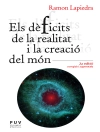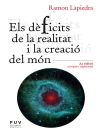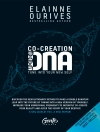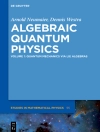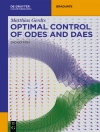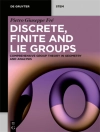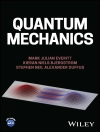This monograph introduces the basic concepts of the theory of causal fermion systems, a recent approach to the description of fundamental physics. The theory yields quantum mechanics, general relativity and quantum field theory as limiting cases and is therefore a candidate for a unified physical theory. From the mathematical perspective, causal fermion systems provide a general framework for describing and analyzing non-smooth geometries and ‘quantum geometries’. The dynamics is described by a novel variational principle, called the causal action principle.
In addition to the basics, the book provides all the necessary mathematical background and explains how the causal action principle gives rise to the interactions of the standard model plus gravity on the level of second-quantized fermionic fields coupled to classical bosonic fields. The focus is on getting a mathematically sound connection between causal fermion systems and physical systems in Minkowski space.
The book is intended for graduate students entering the field, and is furthermore a valuable reference work for researchers in quantum field theory and quantum gravity.
Table des matières
Causal Fermion Systems: An Overview.- Computational Tools.- An Action Principle for an Interacting Fermion System and its Analysis in the Continuum Limit.- The Continuum Limit of a Fermion System Involving Neutrinos: Weak and Gravitational Interactions.- The Continuum Limit of a Fermion System Involving Leptons and Quarks: Strong, Electroweak and Gravitational Interactions.- Appendices.
A propos de l’auteur
Felix Finster studied physics and mathematics at the University of Heidelberg, where he graduated in 1992 with Claus Gerhardt and Franz Wegner. In 1992–1995 he wrote his Ph D thesis at ETH Zürich with Konrad Osterwalder. In 1996–1998 he was a post-doc with Shing-Tung Yau at Harvard University. From 1998–2002 he was member of the Max Planck Institute for Mathematics in the Sciences in Leipzig in the group of Eberhard Zeidler. Since 2002 he has been full professor of mathematics at the University of Regensburg. He works on problems in general relativity and quantum field theory.



